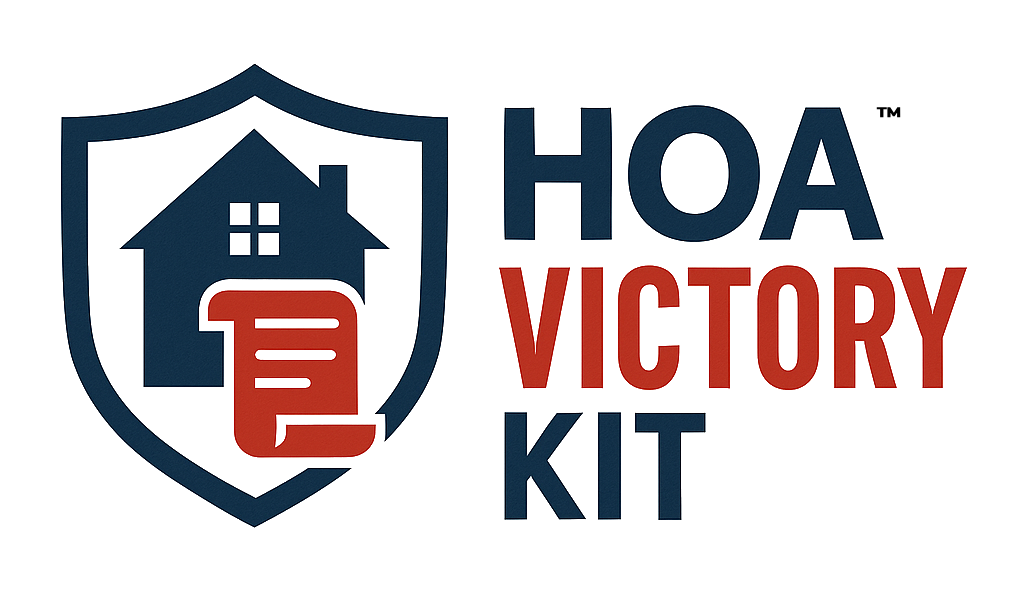It started with a notice in the mailbox: “Landscaping Improvement Assessment: $1,850 due within 30 days.”
That’s how it happens for most homeowners. You move into an HOA community expecting tidy lawns, green belts, and a sense of order. Then one day, you’re asked to pay hundreds or even thousands more for something you thought you were already paying for.
If you’ve ever wondered whether your HOA’s landscaping fees and “special assessments” are fair, or whether you’re quietly footing the bill for mismanagement, you’re not alone.
The Real Cost of Green: What Landscaping Fees Actually Cover
Every HOA is responsible for maintaining the shared grounds, lawns, trees, shrubs, irrigation, entryways, and sometimes even private courtyards. Here’s where it gets tricky: what’s routine maintenance versus what’s considered a capital improvement can be a matter of interpretation, and that interpretation determines whether you’re billed monthly or hit with a surprise “special assessment.”
Most homeowners assume their regular dues already include things like:
- Mowing, trimming, and irrigation
- Replacing plants or mulch
- Seasonal clean-up or fertilizing
In many cases, they do, but when boards decide to “enhance” the landscaping, say, adding new trees, decorative lighting, or even redoing the sprinklers for water efficiency, they can classify those as “improvements.” That opens the door to additional charges, and suddenly your HOA’s “refresh” comes straight from your pocket.
When “Upgrades” Turn Into Overcharges
Let’s be honest, there’s nothing wrong with wanting your community to look beautiful. Lush greenery and well-kept grounds add value to everyone’s property, but there’s a line between responsible maintenance and excessive spending.
Here’s how costs can balloon without most homeowners realizing it:
- Vendor Markups: Some HOAs use management companies that outsource landscaping to third-party vendors, who then subcontract portions of the job. Each layer adds cost.
- No Competitive Bidding: If your HOA isn’t soliciting multiple bids, you might be paying above market rate.
- Misuse of Reserve Funds: Reserve funds are supposed to cover predictable long-term expenses. When boards use them for cosmetic “improvements,” homeowners often end up replenishing those reserves later, through more assessments.
- Emergency “Surprises”: Boards sometimes declare landscaping an “emergency” to bypass member approval, even for non-urgent projects.
Sound familiar?
Special Assessments: The Hidden Mechanism That Shifts the Burden
A “special assessment” is an extra charge imposed when the HOA doesn’t have enough money in its operating or reserve accounts to pay for a project.
On paper, it seems simple: the board identifies a need, divides the cost among homeowners, and collects the funds, but here’s what many don’t realize, a special assessment is often a symptom of deeper financial mismanagement.
If your HOA suddenly needs thousands for landscaping, it’s worth asking:
- Why wasn’t this expense budgeted for?
- Were reserve studies done properly?
- Was there a vote or owner approval for this project?
- Who chose the vendor and how?
When boards skip transparency, homeowners end up paying more, and sometimes twice.
The Emotional Toll: It’s Not Just About Money
Beyond the dollars and cents, unexpected assessments trigger real stress. You start questioning:
- Is this legal?
- Do I have any say?
- What happens if I can’t pay right away?
Many homeowners quietly comply out of fear, afraid of liens, fines, or confrontation. Others are starting to push back, realizing that accountability begins with awareness.
It’s not about being combative. It’s about fairness. You shouldn’t be left wondering if your landscaping dues are padding someone else’s profit margin.
The Transparency Test: Questions Every Homeowner Should Be Asking
Before writing another check, ask your HOA board or management company:
- Was this project approved by a member vote?
Many state laws (including under the Davis-Stirling Act in California) require homeowner approval for certain assessments or large expenditures. - Can I see the bids and contracts?
As a homeowner, you have a right to review financial records, including vendor agreements. - How much is in the reserve fund, and what is it earmarked for?
Landscaping often ranks high in reserve studies; if those funds are low, it’s a red flag for future assessments. - Is this maintenance or an improvement?
Words matter. Replacing dying plants is maintenance. Installing new landscape lighting might be an upgrade, and could require different approval procedures.
Why So Many Homeowners Are Saying “Enough.”
Across the country, more homeowners are realizing they’re not powerless. They’re learning how to read their HOA budgets, spot overcharges, and demand accountability, legally and respectfully.
Communities are starting to push back on inflated landscaping contracts and poorly justified assessments. Some are even discovering improper spending buried deep in the financials, money that should have been allocated to reserves or other maintenance needs.
If that sounds overwhelming, that’s because it often is. HOA law and financials can feel like a maze, intentionally complex to discourage questions. Understanding where your money goes isn’t just your right. It’s your responsibility.
The Turning Point: From Frustration to Empowerment
You don’t have to become an expert overnight. You just need the right tools and information.
That’s why thousands of homeowners are using the HOA Victory Kit, a simple, step-by-step resource that helps you identify where your HOA may be overcharging, how to request documents legally, and how to protect your rights before writing another check.
It’s not about confrontation. It’s about clarity.
When you understand how HOA finances work, you stop reacting, and start leading.
Protect What’s Yours
If your HOA landscaping fees or “beautification assessments” don’t feel right, don’t ignore that instinct. It’s often the first sign that something deeper is off.
Visit www.hoavictorykit.com to learn more about how the HOA Victory Kit can help you uncover the truth, ask the right questions, and take back control without risking your standing in the community.
You worked hard for your home. Don’t let confusion or hidden costs strip away your peace of mind.
At the end of the day, transparency isn’t too much to ask. It’s exactly what you deserve.
